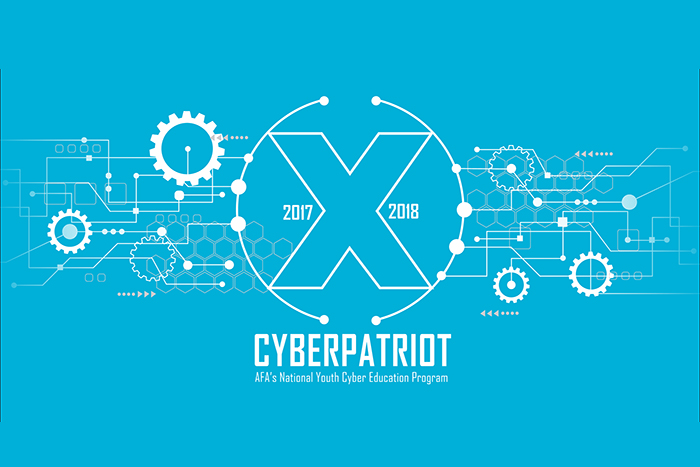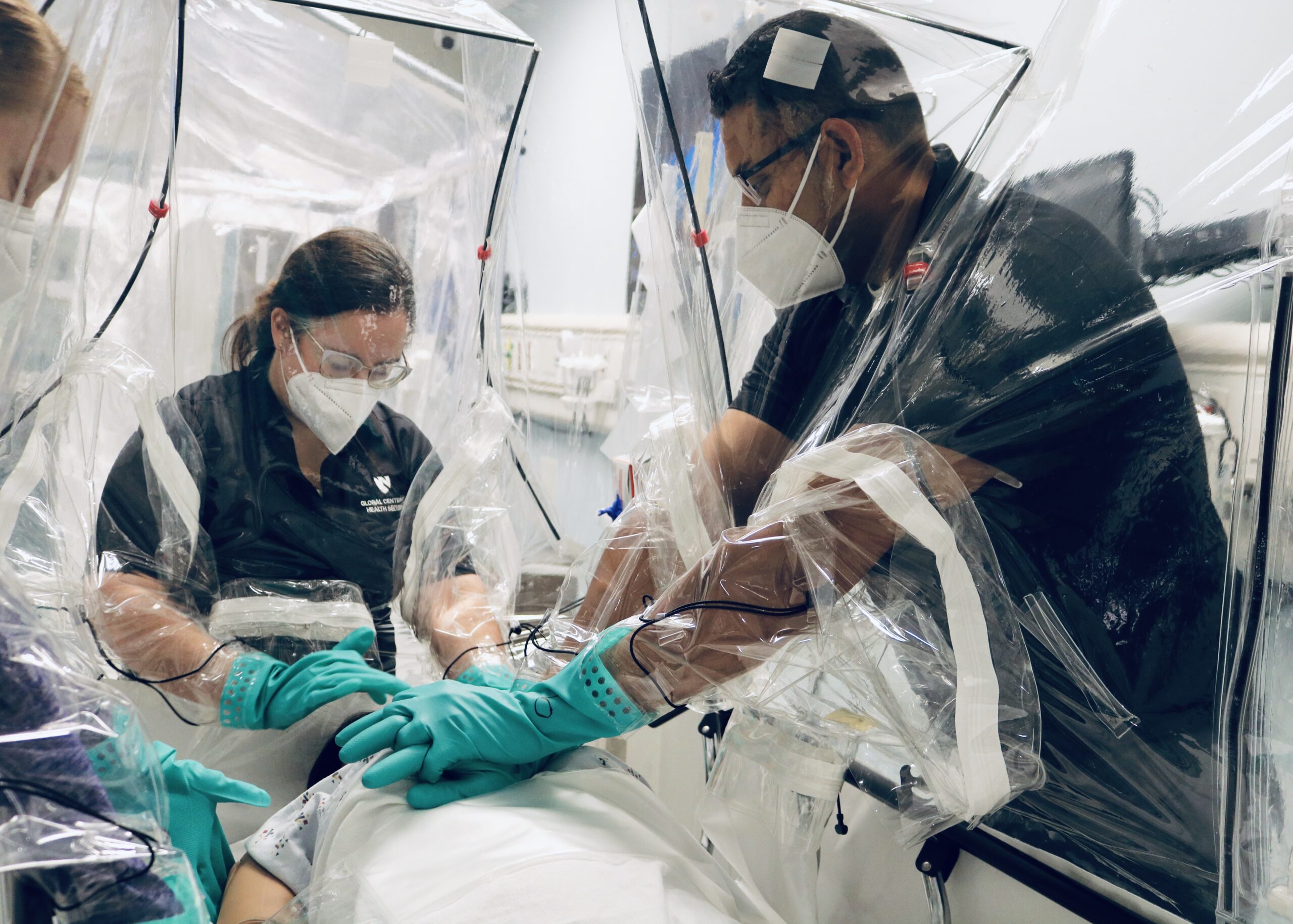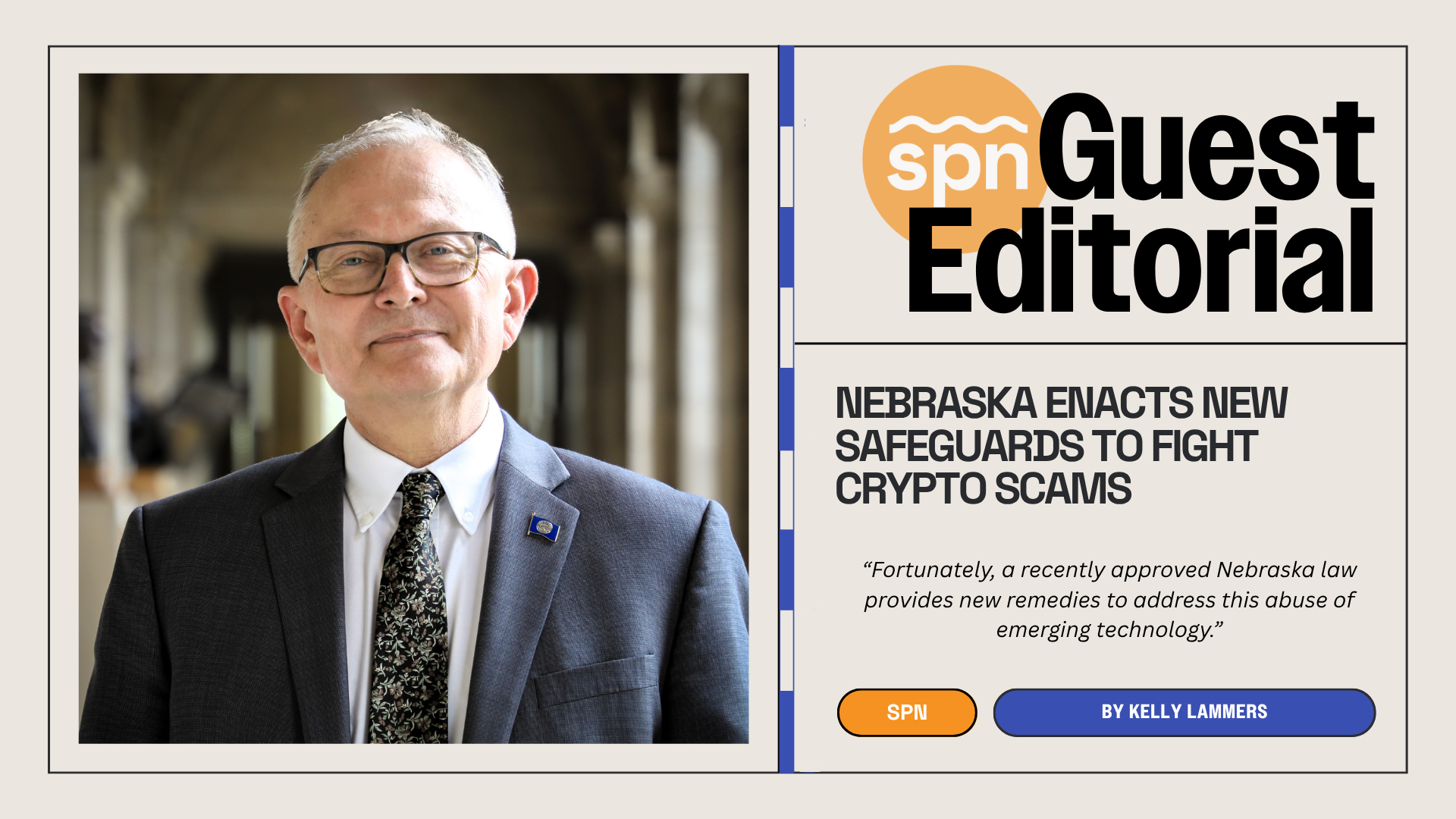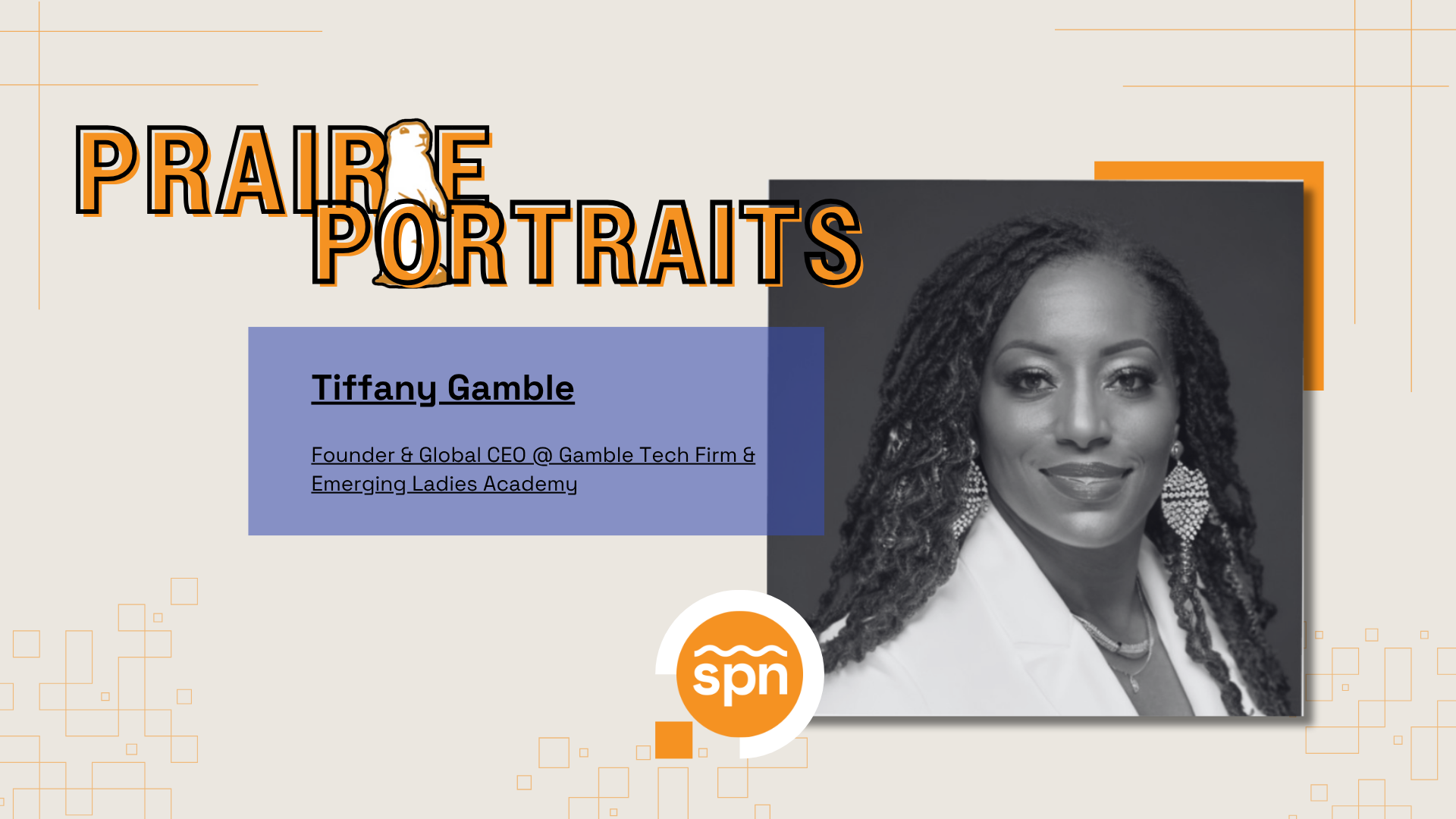Cybersecurity has become one of the most critical issues throughout the world. Building interest and skills among young people in cybersecurity as well as science, technology, engineering and math (STEM) is the focus of the Air Force CyberPatriot competition.
“It’s interesting to the kids and they feel like they’re accomplishing something,” said Brad White, an IT Contractor with SCP Oncall and coach of a Civil Air Patrol (CAP) team. “The Air Force feels we need more kids interested in STEM. It’s not child’s play.”
CyberPatriot has grown from one in-person round in 2009 to more than 4,400 teams nationwide this year. Competition for initial rounds is done online from anywhere, with the National Finals competition conducted in person. Teams are divided into Open Division, Middle School Division, and All Service Division that includes organizations like the CAP.
“Southeast Community College has three teams in the Open Division,” White said. “We’re in the All Service Division so we don’t compete against them.”
White has several children in the CAP which provided the connection to CyberPatriot.
“The commander in charge of cadets approached me, that’s how I got into it,” he said. “There are two other guys with more cybersecurity experience that are involved. They’re more typical geeks, not the engaging type. I bring the fun, engagement and teaching style, and they fill in the gaps.”
Competitors are given cybersecurity challenges to solve on Linux, Windows 10 and Windows Server 12 as if they were administrators on a company computer system. Challenges include such things as finding illegal downloads, determining if virus protection software is enabled, and users not complying with password standards. A scoring mechanism is built in.
“If you find a fix, you get points,” White said. “If you break something like e-mail, you lose points. If you get locked out, you’re done.”
White’s team has been practicing, and he thanked Raising Cane’s Chicken for providing the kick-off meal, and Coke for providing beverages throughout the practices.
“In practice you’re all working together and can have multiple images open at a time,” White said. “In the competition there’s only one. Up until now, we’ve been interacting and making suggestions. During the competition, mentors aren’t allowed to talk.”
Lana Yager, Tech Instructor and Career Coach for the AIM Institute, led teams from Omaha South High School for three years.
“The CyberPatriots competition is a wonderful opportunity for students to experience protecting a network from cyber attack,” Yager said. “What I especially like about CyberPatriots is that they provide excellent materials to help prepare students for the competitions. Students can form teams even if they start at point-zero in knowledge about cybersecurity.”
White agreed that prior knowledge is not essential, and there are other things to be learned.
“It’s great for kids to get them knowledgeable about not just computer security but how to be safe and smart,” he said. “Learning about good passwords, cyberbullying and different case studies of cyber ethics.”
The CyberPatriot experience can lead to some unique opportunities for students.
“One of my girls who competed in CyberPatriots is in her second year as an intern at Northrop Grumman, working in cybersecurity,” Yager said. “Isn’t that exactly what a teacher or coach hopes comes from such a great experience?”
Northrup Grumman, a global security firm, is the presenting sponsor of the CyberPatriot competition, and also supports similar competitions in other countries.
“CAP cadet teams participate for free because of Northrop Grumman,” White said. “For us, this is people coming straight out of left field, no familiarity at all, ground zero.”
“We’re really just scratching the surface,” he added. “We’re flying by the seat of our pants.”
––
Rod Armstrong is Vice President of Strategic Partnerships for AIM in Lincoln, Nebraska. He is a regular contributor to Silicon Prairie News.





